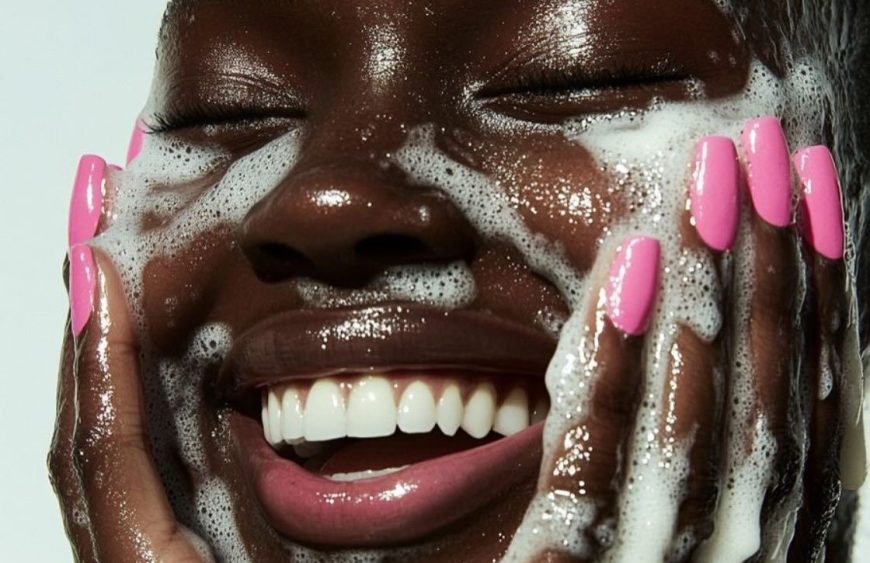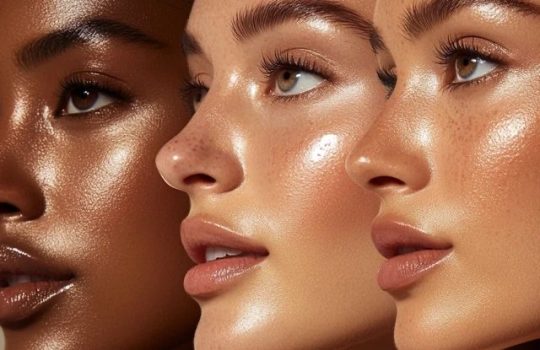Stress Skin Aging: How Your Mind Controls Your Complexion
August 19, 2025 2025-08-19 11:23Stress Skin Aging: How Your Mind Controls Your Complexion

Stress Skin Aging: How Your Mind Controls Your Complexion
The connection between stress skin aging, and mental health represents one of dermatology’s most fascinating frontiers. Unlike chronological aging, stress skin aging can be accelerated, slowed, or even partially reversed through targeted interventions that address the mind-skin axis.
Understanding these mechanisms empowers you to protect your complexion from psychological damage. The visible signs of stress skin aging, premature wrinkles, dullness, and texture changes result from measurable physiological processes that respond to mental state management.
Recent neuroscience research reveals that stress skin operates through specific pathways that can be interrupted through lifestyle modifications. This means stress skin aging isn’t inevitable; it’s a modifiable factor in your overall aging process.
Cortisol: The Collagen Destroyer
Chronic stress triggers skin ageing primarily through cortisol elevation. This hormone breaks down collagen at six times the normal rate, creating the foundation for accelerated skin aging that appears as premature wrinkles and loss of skin elasticity.
Cortisol-induced stress also redirects blood flow away from facial tissues toward vital organs during stress responses. This chronic nutrient deprivation starves skin cells of oxygen and essential nutrients, contributing to the dull, tired appearance characteristic of stress skin.
Research from Harvard Medical School demonstrates that skin ageing from cortisol exposure can be measured within 72 hours of acute stress events. Chronic stress creates cumulative skin ageing effects that compound over months and years, accelerating visible ageing by decades.
The inflammatory cascade triggered by cortisol creates additional stress through free radical damage. These unstable molecules attack cellular structures, creating the oxidative stress that drives many visible signs of skin ageing.
Sleep Deprivation: Accelerated Ageing in Real Time
Sleep disruption represents one of the most powerful drivers of stressed skin. Between 11 PM and 3 AM, your skin enters peak repair mode, cellular regeneration doubles, toxins are eliminated, and collagen production reaches its daily maximum.
Missing this critical window creates immediate ageing effects. Studies show that even one night of poor sleep increases stress skin markers, including decreased skin hydration, increased fine lines, and compromised barrier function.
Chronic sleep deprivation compounds skin ageing exponentially. Research published in Clinical and Experimental Dermatology found that people averaging less than 6 hours of sleep nightly show stress skin ageing equivalent to adding 4-7 years to their chronological age.
The growth hormone released during deep sleep phases directly counters stress skin. Without adequate sleep, this natural anti-ageing hormone production plummets, removing your skin’s primary defence against skin ageing processes.
Meditation: Reversing Stress Skin Ageing
Mindfulness practices offer powerful protection against skin ageing. Eight weeks of regular meditation measurably reverses skin ageing by increasing skin thickness by 22% and improving elasticity by 15%.
Meditation reduces skin ageing through multiple mechanisms. It lowers cortisol production, improves circulation to facial tissues, and enhances cellular oxygenation, directly countering the primary drivers of skin ageing.
The neuroplasticity effects of meditation create lasting protection against stress-induced skin. Regular practitioners develop enhanced stress resilience, preventing the cortisol spikes that trigger acute skin ageing episodes.
Deep breathing techniques specifically combat skin ageing by increasing oxygen delivery to skin cells. This enhanced oxygenation supports cellular repair processes that naturally decline during chronic stress states.
The Placebo Effect: Mind Over Ageing
Belief systems significantly influence stressed skin ageing outcomes. When people believe their skincare routine will work, their brains release endorphins that measurably improve skin appearance, creating a positive feedback loop that counters stress skin ageing.
The ritual aspect of skincare provides psychological benefits that reduce skin ageing. Taking time for self-care signals to your nervous system that you’re safe and worthy of attention, reducing the chronic stress that drives skin ageing.
Research from the University of Rochester demonstrates that people who practice mindful skincare show 28% less stress skin aging compared to those who rush through routines mechanically, highlighting the importance of intentional self-care in preventing stress skin aging.
Neurochemical Pathways of Beautiful Skin
The vagus nerve, which connects brain and skin, directly influences stress skin aging through inflammation regulation. Stimulating this nerve through breathing exercises, cold exposure, or meditation reduces the inflammatory responses that accelerate stress skin aging.
Neurotransmitter balance affects stress skin aging through multiple pathways. Serotonin promotes cellular repair, dopamine enhances circulation, and GABA reduces inflammation, all natural defences against stress skin aging that decline during chronic stress.
Understanding these connections empowers targeted interventions against stress skin aging. Rather than treating symptoms topically, addressing root neurochemical imbalances provides comprehensive protection against stress skin aging from the inside out.
External Resources:





